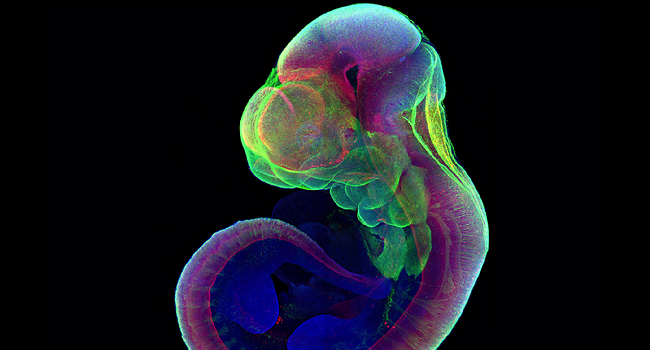Eight healthy babies have been born in the UK thanks to a revolutionary IVF technique that minimizes the risk of inheriting mitochondrial diseases from their mothers, as revealed by a landmark trial.
This achievement marks a significant milestone in reproductive medicine, providing a potential solution for women with mitochondrial DNA mutations to have children free from debilitating genetic diseases.
Understanding Mitochondrial Diseases
Mitochondrial diseases, affecting one in every 5,000 births, present untreatable conditions with symptoms ranging from impaired vision to muscle wasting. The UK’s approval of this IVF technique in 2015, incorporating a donor’s healthy mitochondrial DNA alongside the parents’ genetic material, has opened new avenues for preventing these diseases.
The Trial’s Success
Out of 22 participants at the Newcastle Fertility Centre, eight babies were born, showing a dramatic reduction in mutated mitochondrial DNA. This success underscores the technique’s potential to halt the transmission of mitochondrial diseases, with ongoing monitoring to ensure the children’s long-term health.
Ethical Considerations
While hailed as a medical breakthrough, the technique sparks ethical debates, particularly regarding embryo destruction and the potential for ‘designer babies.’ The UK’s stringent ethical review process ensures that only those at high risk of passing on mitochondrial diseases are eligible for the treatment.
The global medical community watches closely as this technique could redefine reproductive options for families worldwide, balancing hope with ethical responsibility.


